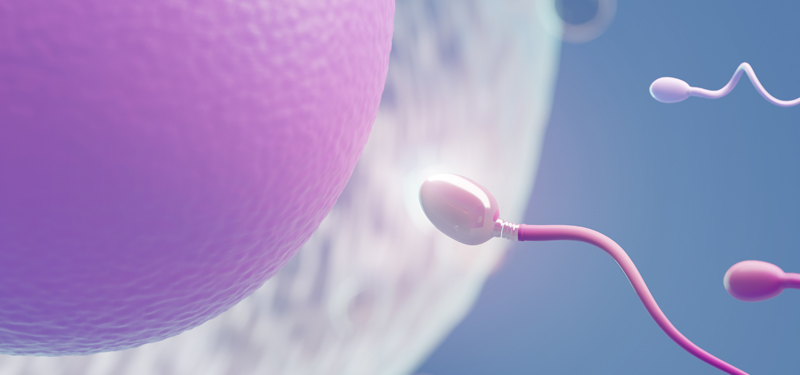
In vitro fertilization (IVF) is assisted reproductive technology. It is a procedure of choice to help couples conceive a baby when other modalities have failed.In the IVF clinic, the fertility doctor collects mature eggs from your ovary and fertilizes these eggs with sperm in a laboratory. The doctor then implants the fertilized egg or eggs into the uterus. One IVF cycle usually takes twenty days.The embryologist can use the couple’s eggs and sperm or use eggs and sperms from a donor. The success of any IVF procedure depends on two critical factors, viz. the age of the female and the cause of infertility.
In vitro fertilization (IVF) is usually an infertility treatment when other less invasive treatment options fail to give any result. IVF can be a primary option for women aged more than 40 years. Your doctor may consider IVF as an option if you or your partner has one of the following conditions:
An IVF can lead to multiple births if more than one embryo develops and gets implanted into your uterus. Multiple fetuses usually carry a higher risk of premature and low birth weight than pregnancy with a single fetus does.
According to some research, IVF may increase the risk of preterm delivery or low birth weight.
Your doctor may prescribe human chorionic gonadotropin (HCG) hormone to induce ovulation. This hormone may cause painful and swollen ovaries called ovarian hyperstimulation syndrome. Some of the common symptoms of OHSS are
Women who conceive using IVF may have more chances of miscarriage than women who give birth naturally. But we should also remember that chances of miscarriage increase with maternal age
It happens when implantation of the fertilized egg occurs outside the uterus, causing the termination of pregnancy
IVF not only puts a financial burden, but it is also physically and psychologically draining. A detailed discussion with the counselors and family before and during the procedure can help you sail out through this stressful journey.
IVF involves five steps
One IVF cycle typically takes two to three weeks.
OI involves the use of synthetic hormones to stimulate the ovaries. The stimulated hormones produce multiple eggs, rather than a single egg that typically develops during the monthly cycle. Multiple eggs increase the chances of successful fertilization during IVF.
Your fertility doctor will do the egg retrieval procedure approximately 35-36 hours before ovulation. During egg retrieval, the doctor will guide an ultrasound probe into your vagina and identify follicles. The fertility expert then inserts a thin needle into an ultrasound guide, reaches the vagina, then into the follicles, and retrieves the eggs.
In the IVF clinic, the doctor takes a semen sample from the male partner on the morning of egg retrieval
Fertilization between eggs and sperms can happen in two ways: Conventional insemination: It involves mixing and overnight incubation of sperm and eggs. Intracytoplasmic sperm injection (ICSI): In ICSI, a fertility expert injects a single healthy sperm directly into each mature egg. Your doctor may recommend ICSI when poor semen quality or sperm number leads to failure of previous IVF cycles.
The embryo transfer procedure is the final step of the IVF cycle. The success of IVF depends on the precise placement of the embryos in the middle of the endometrial cavity. The doctor should complete the procedure with minimal trauma of the endometrium.
After the embryo transfer, you may feel some discomfort due to painful and swollen ovaries. You can resume your daily activities as soon as you feel normal.
Your doctor will do a blood test for pregnancy, typically 12 to 14 days after the egg retrieval process. If the result is positive, the doctor will refer you to an obstetrician for further care. If you’re not pregnant, you’ll likely get your period within 5 to 7 days after stopping medications.